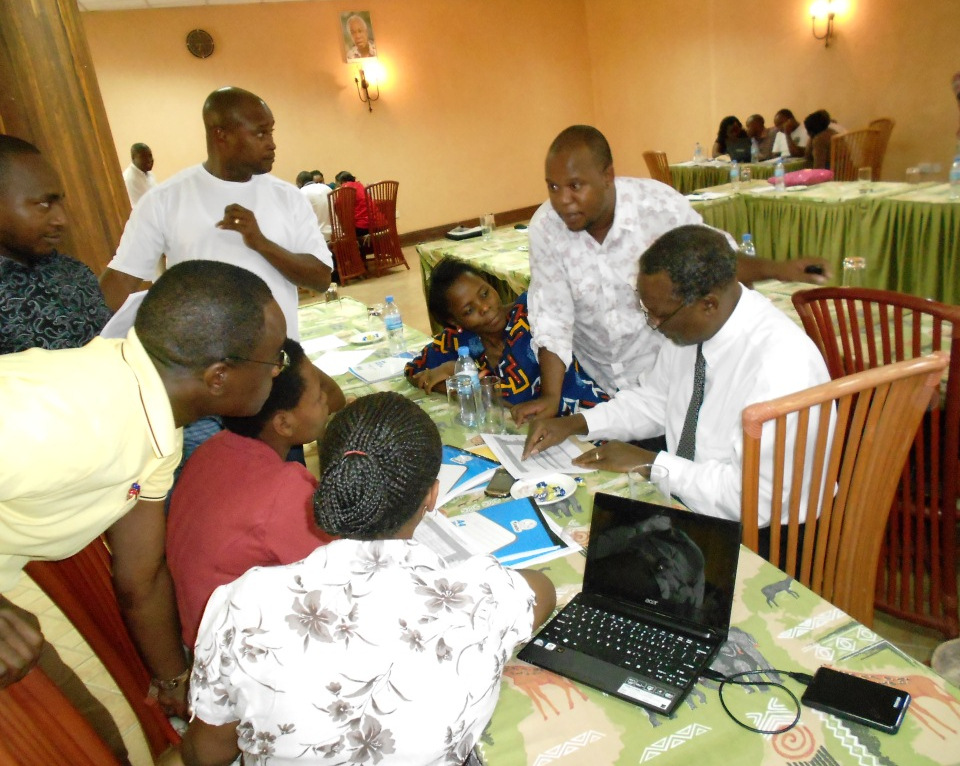Building an intentional organizational culture
Intentionally or not organizations develop their own culture. Every organization has a culture, the question is, “Was the culture intentional or unintentional?” Sadly and all too often the culture that emerges in many organizations is unintentional. The problem is that most unintentional cultures do not drive the organization forward towards better productivity and greater achievements.
Great organizational cultures are built on the premise of "creating experiences that make employees and customers feel valued and appreciated." Now let's take a look at three guidelines towards building a great culture.
- Vision - A clear vision of what you are doing is the starting point of a great culture. This is really the blueprint of what your organization intends to do. However, too many organizational visions remain mere statements on walls with hardly any meaning to the organization. True visions must be alive and evident within employees. It's important for a vision to be effectively communicated all throughout the organization because it acts as a guide for people's decisions and actions within the organization. A vision drives strategic management.
- Purpose - Purpose is the reason why you are doing what you are doing. It's imperative to let your people know why the vision matters. When people understand and embrace purpose, Continue reading...






